Hot weather: How to stay healthy
Extreme heat events involve high temperatures and sometimes high humidity. Although the level of temperature extremes may vary between regions, unusually high heat can have negative impacts on your health.
In Québec, extreme heat warnings are issued by Environment and Climate Change Canada when the following weather conditions are expected to last for at least 1 hour:
- the temperature is 30°C or above and the humidex value is 40 or above
- the temperature is 40°C or above
Environment and Climate Change Canada defines a heat wave as when temperatures reach or exceed 30 °C at least three days in a row.
Some people are more at risk
Did you know?
Hot temperatures are unusual in the North, so some people may feel more of an effect.
Elders, infants, young children, and people who work or are active outdoors are more at risk of heat illness and dehydration.
Stay safe
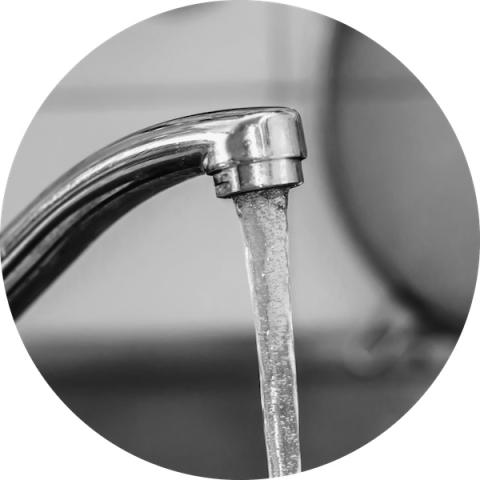
Prepare for the heat
- Tune in regularly to local weather forecasts and alerts so you know when to take extra care.
- Arrange for regular visits by family members, neighbours or friends during very hot days in case you need help. Visitors can help identify signs of heat illness that could be missed over the phone.
- Find ways to keep cool before the hot weather starts. If you have an air conditioner, make sure it works properly. If you have ceiling fans or other fans they can help as long as the humidity isn't high. Find an air-conditioned spot close by where you can cool off for a few hours on very hot days. This will help you cope with the heat.
- Keep water in your vehicle and keep your gas tank topped up.
Pay close attention to how you - and those around you - feel
Watch for symptoms of heat illness, which include:
- dizziness or fainting
- nausea or vomiting
- headache
- rapid breathing and heartbeat
- extreme thirst (dry mouth or sticky saliva)
- decreased urination with unusually dark yellow urine
- changes of behaviour in children (like sleepiness or temper tantrums)
If you have any of these symptoms during extreme heat, move to a cool place and drink liquids right away. Water is best.
While waiting for help - cool the person right away by:
- moving them to a cool place, if you can
- applying cold water to large areas of their skin or clothing
- fanning the person as much as possible

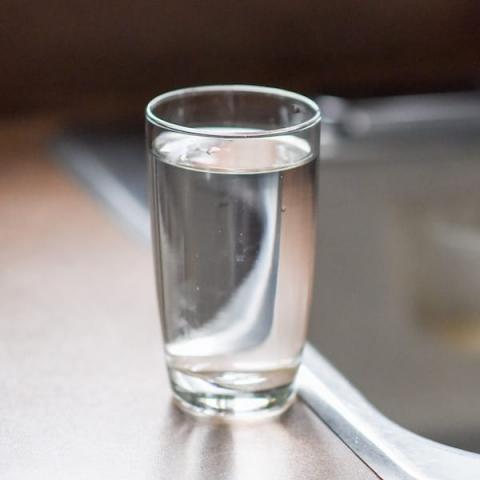
Stay hydrated
Drink plenty of cool liquids (water is best!) before you feel thirsty to decrease your risk of dehydration (not having enough fluids in your body). Thirst is not a good indicator of dehydration, which is when you do not have enough fluids in your body.
- Remind yourself to drink water by leaving a glass by the sink.
- Flavouring water with sliced fruits, vegetables, or herbs may make it more appealing.
- Eat more fruits and vegetables as they have a high water content.
- Drink water before, during and after physical activity.
- Be careful when using drugs or alcohol – these may affect you more than you expect or may cause dehydration.
Stay cool
Dress for the weather
- Wear loose-fitting, light-coloured clothing and a wide-brimmed hat made of breathable fabric.
- When you buy sunglasses, make sure they provide protection against both UVA and UVB rays.
- Take a break from the heat
If you must do physical activity in extreme heat, take extra breaks, remove gear to let your body cool off and drink lots of water. Don't expect your usual performance in hot weather. Give your body time to recover after being in the heat.
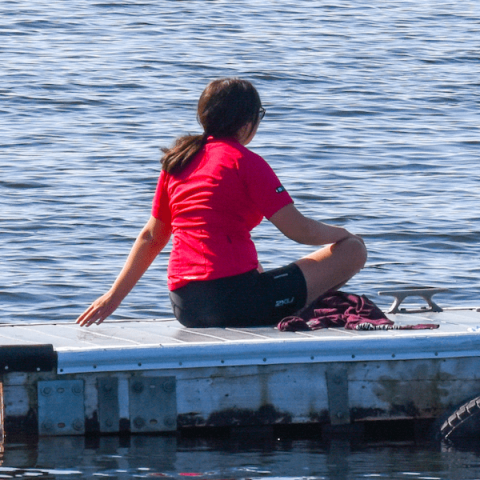
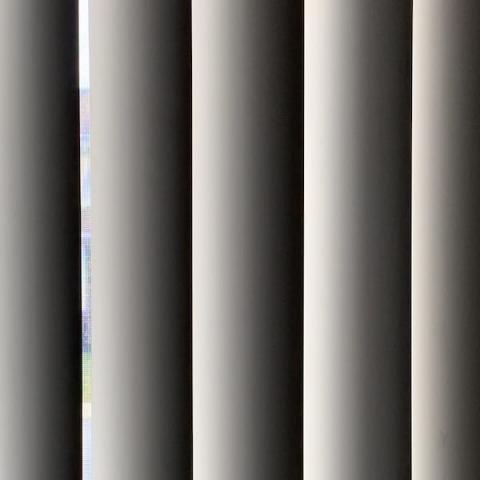
Keep your home cool
- Make meals that don't need to be cooked in an oven.
- Block the sun by closing awnings, curtains or blinds during the day.
- If safe, open your windows at night to let cooler air into your home.
- If you have an air conditioner with a thermostat, keep it set to the highest setting that is comfortable (somewhere between 22ºC/72ºF and 26ºC/79ºF). This will reduce your energy costs and provide you with needed relief. If you are using a window air conditioner, cool only one room where you can go for heat relief.
If your home is extremely hot
- Take cool showers or baths until you feel refreshed.
- Use a fan to help you stay cool and aim the air flow in your direction.
- Spend a few hours in a cool place. It could be a tree-shaded area or an air-conditioned spot like the sports centre grocery store.
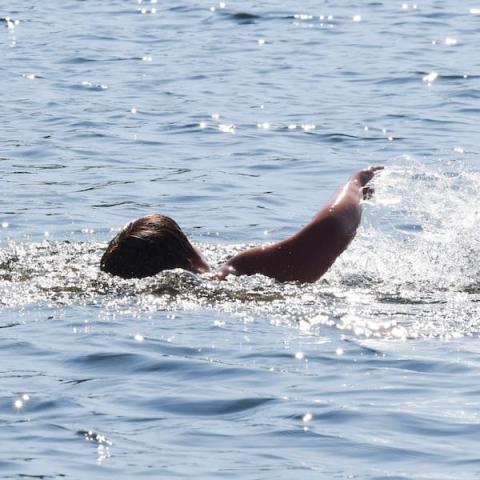
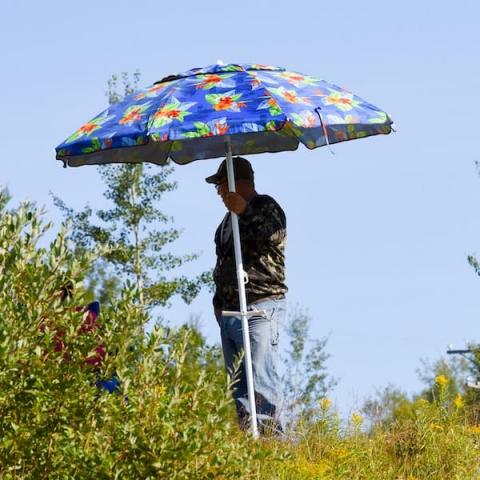
Avoid exposure to extreme heat when outdoors
Reschedule or plan outdoor activities during cooler parts of the day.
- Plan strenuous outdoor activities for cooler days, or choose a cooler location like a place with air conditioning or with tree shade.
- Avoid sun exposure. Find or bring shade when possible.
- Tree-shaded areas can be as much as 5ºC/9ºF cooler than the surrounding area.
- Shade yourself by wearing a wide-brimmed, breathable hat, or using an umbrella.
- Wear loose-fitting, light-coloured clothing made of breathable fabric.
- Wear sunglasses that have UVA and UVB protection.
- Use a sunscreen with sun protection factor (SPF) 15 or higher and follow the manufacturer's directions. Don't use sunscreen on a child less than 6 months old.


